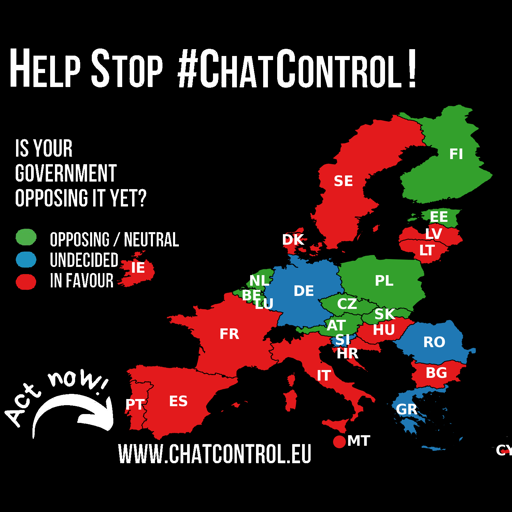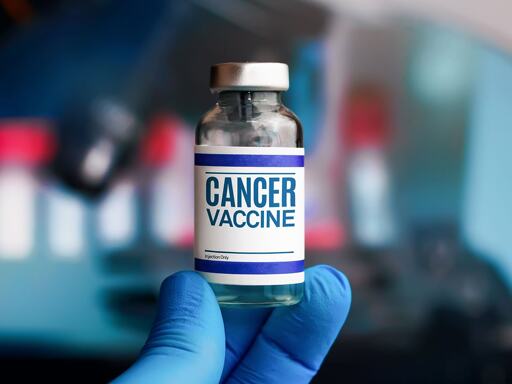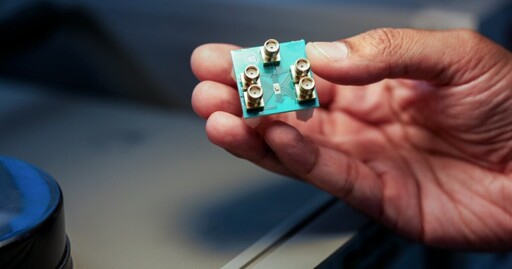Are there any particular messaging apps fitting this description that you’d recommend?
- 180 Posts
- 806 Comments
It looks slightly prettier than the Graphene app. But functionally they seem about the same.
I have not seen any FOSS apps that can do this, or many apps at all. Certainly nothing that looks like an app you’d want to use. I don’t know what the technical reason is for this. Does Google make it deliberately difficult for third-party apps to do RCS?
That hasn’t been my experience on the Play Store.
I’ve been using it. It’s decent and basic. The only enhancement is that it doesn’t do anything annoying.
deleted by creator

 1·1 day ago
1·1 day agodeleted by creator

 4·2 days ago
4·2 days agoshouldn’t other types of engines be tried?
Sure, but the tricky bit is to be more specific than that.
Heliboard seems decent, though I don’t know anything about the developers.

 311·3 days ago
311·3 days agoLet’s replace their customers with not-customers.
Shame everything you do on the internet supports them through AWS though. Maybe they need more outages to drive those customers away.

 8·3 days ago
8·3 days agoThey only said the bed was smart.

 6·3 days ago
6·3 days agoBy saying things in public like “let’s rewrite the entire operating system,” Microsoft are not giving off reassuring vibes. Rewriting the entire anything never goes smoothly, and Windows has a track record of ambitious failures followed by more conservative releases that are more successful. They’re bringing these anxious responses upon themselves.

 20·3 days ago
20·3 days agoOver in the Linux world we have a cute penguin who leaves you alone.

 7·5 days ago
7·5 days agoI imagine the answer would be mathematically yes, but mechanically no.

 221·5 days ago
221·5 days agoThe tragedy is that more of these rich people don’t test that belief against reality.

 5·6 days ago
5·6 days agoYes, I think that’s reasonable. The midrange CPU in the Beelink you linked is already significantly more capable than the Intel N150 etc., though it has a TDP of 15W compared to the N150’s 6W. I haven’t dug into which specialized features they support (hardware codec support etc.) but for a general-purpose computer I’d definitely prefer the one you linked to those N100/N150 minis, even if it uses a little more power. Others might have a different opinion but that would be my choice.

 9·6 days ago
9·6 days agoI’ve found that you don’t need to go that far above the $200 cost of an Intel N100/150 system to get a mini PC with a significantly more powerful AMD processor. It won’t be the latest generation but it will be capable of a lot more than those low-power Intels, and from my measurements many AMD processors of the last three generations or so are good at saving power when they’re idle, so it won’t use a ton more electricity. Sometimes you find used ones on eBay at a decent price because someone upgraded.


















Thanks. I’m giving it a try.